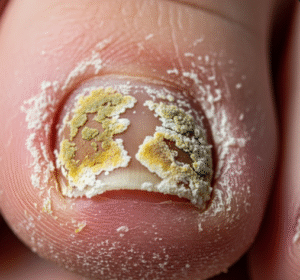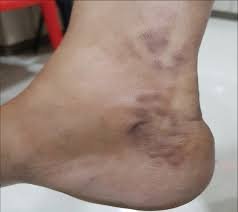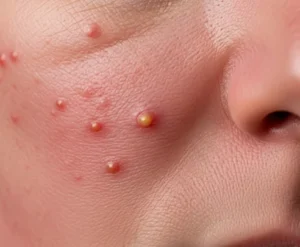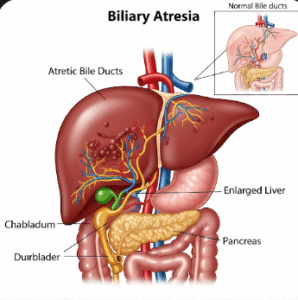Overview
Teething is a natural developmental process in infants when their primary (baby) teeth begin to emerge through the gums. This milestone usually starts around 6 months of age but can vary widely among children. While teething is a normal part of growth, it often causes discomfort, irritability, and other symptoms in babies. In Korea, parents have access to extensive pediatric care, guidance on teething management, and safe remedies to ease their child’s discomfort.
What is Teething?
Teething is the eruption of an infant’s first set of teeth through the gums. This process usually begins with the lower central incisors, followed by the upper central incisors, and continues until all 20 primary teeth have emerged, typically by age 3. The pressure and inflammation caused by teeth pushing through the sensitive gum tissue lead to the classic signs and symptoms associated with teething.
Symptoms
Common symptoms of teething include:
- Gum swelling and tenderness
- Increased drooling
- Irritability and fussiness
- Biting or chewing on objects to relieve gum pressure
- Mild increase in temperature (not usually fever)
- Changes in sleep patterns or difficulty sleeping
- Reduced appetite or refusal to eat
- Rubbing or pulling at ears or cheeks
- Occasional mild diarrhea (though this link is debated)
Causes
Teething symptoms arise due to:
- Physical pressure of the tooth cutting through gum tissue
- Inflammation and increased blood flow to the area
- Increased salivation caused by gum irritation
- Babies’ tendency to bite or chew to soothe sore gums
Risk Factors
- Genetic factors influencing the timing and order of tooth eruption
- Premature infants may experience delayed teething
- Babies with certain medical conditions may have altered teething patterns
Complications
Most teething symptoms are mild and self-limiting, but complications can include:
- Excessive drooling leading to skin irritation around the mouth and chin
- Irritability affecting feeding and sleep
- Rarely, severe pain requiring medical evaluation
- Misinterpretation of teething symptoms delaying diagnosis of other illnesses
Prevention
While teething cannot be prevented, parents can minimize discomfort and promote oral health by:
- Providing safe teething toys or chilled (not frozen) objects to chew on
- Maintaining good oral hygiene by gently cleaning gums and emerging teeth
- Avoiding sugary foods or liquids that promote tooth decay
- Regular pediatric check-ups to monitor dental development
Treatment Options in Korea
Korean pediatricians and dental specialists offer guidance and treatments to manage teething discomfort safely:
Home Care
- Gently massaging the baby’s gums with a clean finger
- Offering chilled teething rings or cold washcloths to chew
- Using soft foods for older babies to ease eating
Medications
- Over-the-counter infant pain relievers like acetaminophen or ibuprofen, used under pediatric guidance
- Avoidance of topical anesthetics containing benzocaine due to safety concerns
Professional Advice
- Pediatric consultations to differentiate teething from other causes of symptoms
- Guidance on maintaining oral hygiene and preventing early childhood caries
Traditional Korean Remedies
- Some families use natural methods like herbal teas or acupuncture points for infants, under professional advice
Top Medical Centers for Pediatric Care in Korea
- Seoul National University Children’s Hospital
- Asan Medical Center Pediatric Clinic
- Samsung Medical Center Pediatric Department
- Severance Hospital (Yonsei University) Pediatrics













